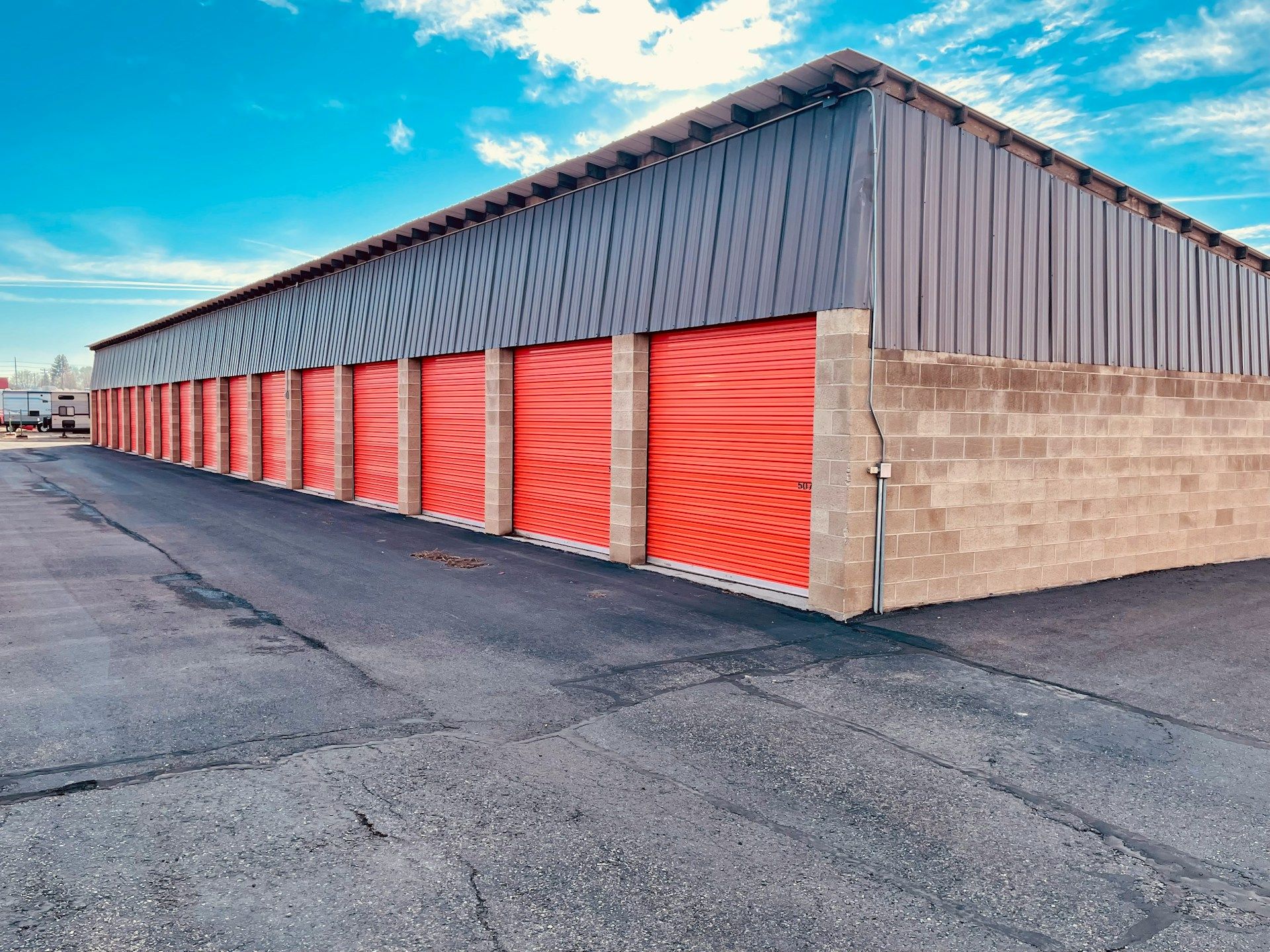business resources
6 Practical Tips to Follow When Searching for the Right Storage Option for Your Business Needs
25 Oct 2024, 11:30 pm GMT+1
As businesses grow, their storage needs often evolve in unexpected ways. What once felt like a perfectly sized office space can quickly become cluttered with essential equipment, important documents, and extra stock. While expanding your space might seem like an option, it can be costly and disruptive. Instead, many businesses turn to storage solutions that can effectively accommodate their unique needs without investing heavily in additional real estate. But with so many storage options available, how do you choose the one best suited to your business? Here are six practical tips to help you find a storage solution that aligns perfectly with your company's goals, budget, and day-to-day requirements.
1. Determine the Volume and Type of Items You’ll Store
Before choosing a storage option, identify what you’ll be storing—documents, inventory, or large equipment—as this often dictates the type and size of space needed. Climate-controlled units work best for sensitive items like electronics or artwork, while standard storage is often enough for durable goods like tools or machinery.
Understanding the volume and type of items you need to store helps estimate the required space. If your needs may grow, seek facilities with scalable options to expand without moving. Planning can save money by avoiding frequent upgrades to larger units.
2. Consider Location and Accessibility
If your business requires frequent trips to the storage unit, a nearby facility can save time and reduce transportation costs. Accessibility features, such as drive-up options or loading docks, can also impact how efficiently you can retrieve or store your items. Some storage facilities operate 24/7, while others have restricted hours, so check the accessibility policy to ensure it aligns with your business schedule.
For companies based in a bustling area like Park Avenue, proximity and accessibility become even more critical. Fortunately, there’s a range of storage in Park Avenue that can provide flexibility and easy access. This convenience can make all the difference for businesses that rely on timely product handling or quick access to backup materials.
3. Prioritize Security Features
Security is paramount when storing valuable business assets, so be sure to inquire about each facility's security measures. Facilities with robust security often provide features such as surveillance cameras, alarm systems, and secure locks or access codes. Some high-end facilities even have on-site personnel who monitor the property around the clock.
Before committing, visit potential facilities in person to get a feel for their security setup. A reputable storage facility will have visibly marked security cameras, sturdy fencing, and controlled access points. This assurance protects your items and offers peace of mind, allowing you to focus on your business without worrying about the safety of your stored assets.
4. Prioritize Flexibility in Lease Terms
Many storage facilities require long-term contracts, but short-term or flexible leases are better suited for some businesses. Suppose you handle seasonal products or need extra space temporarily. Monthly leases can scale up or down without a lengthy commitment, making it easier to manage cash flow and adapt to changing demands.

Moreover, flexible terms can help avoid paying for storage space when it’s unnecessary, allowing businesses to reevaluate their storage requirements as they evolve. Before committing, review the lease terms closely to ensure they allow for adjustments or cancellation if your storage needs to shift.
5. Consider Climate-Controlled Units if Necessary
Climate-controlled storage is ideal for businesses storing temperature-sensitive items. These units maintain stable temperature and humidity levels, protecting items like electronics, wooden furniture, and documents from damage. Climate control is especially important in regions with extreme temperatures to prevent warping, rust, or mildew.
Although climate-controlled units may cost a bit more than standard storage, they can be a worthy investment if it means preserving the quality of your items. Ensure the facility has reliable climate-control systems, as this will safeguard your assets and help you avoid the costly replacement or repair of damaged goods.
6. Review the Terms and Conditions of the Storage Facility
Before signing a rental agreement, review the terms carefully. Some storage providers have strict policies on late payments, access hours, or prohibited items that may not suit your business needs. Also, inquire about insurance options, as some facilities offer coverage for an added fee, ideal for high-value items.
Understanding the fine print can help you avoid unexpected fees or policy restrictions that may inconvenience your business. Knowing the facility’s policies upfront allows you to choose an option that aligns with your budget, timeline, and operational requirements, helping to avoid issues that could impact your bottom line.
Choosing the proper storage solution goes beyond size and cost; it’s about aligning with your business’s needs and growth potential. You can secure a storage option that boosts efficiency and peace of mind by assessing specific requirements and facility features. With the right choice, storage becomes more than extra space—a valuable asset for optimizing operations.
Share this
Arthur Brown
Writer
A dad of 3 kids and a keen writer covering a range of topics such as Internet marketing, SEO and more! When not writing, he's found behind a drum kit.
previous
Why Setting Up a Business Abroad Requires Careful Planning
next
How to Choose the Best Web Chat API for Your Business in 2024